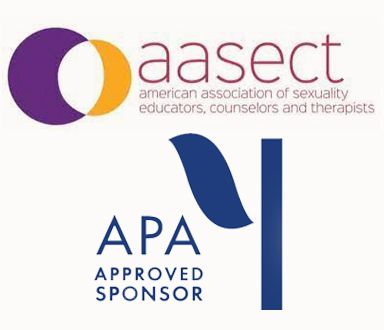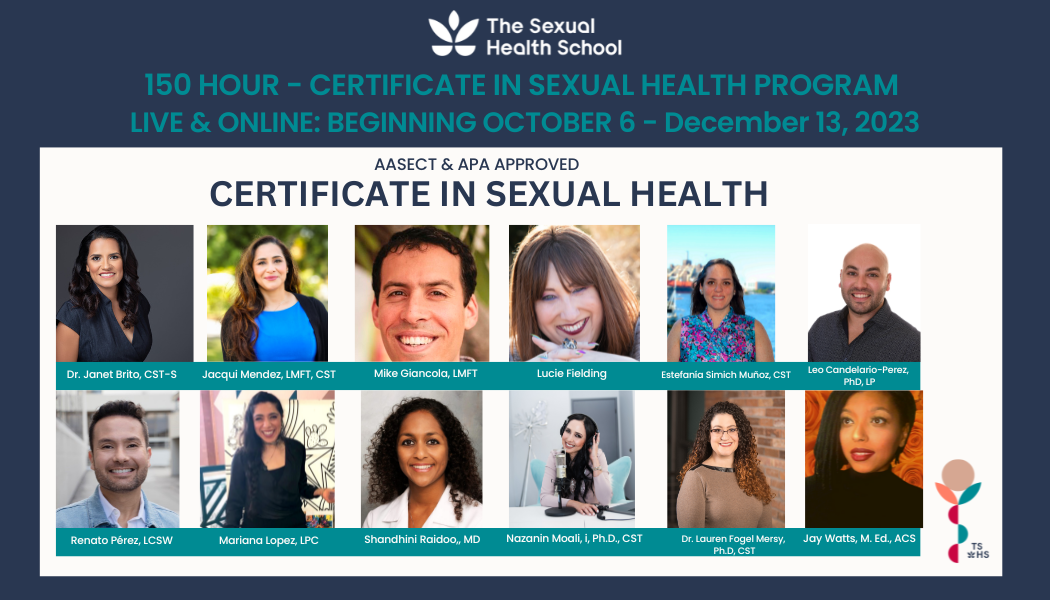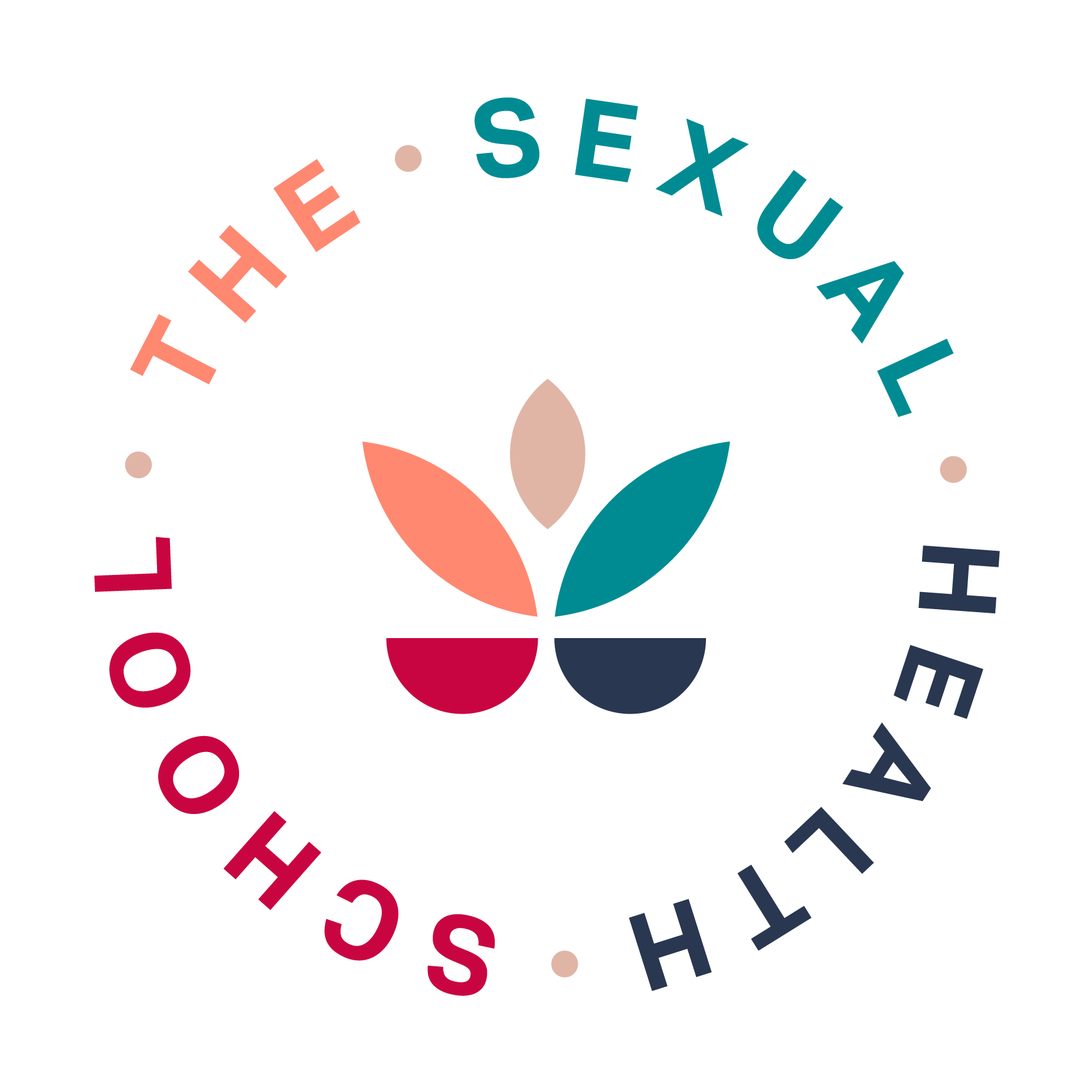Take your career to the next level with our certification program.
*TSHS is approved by APA to provide CEs for psychologists.
Write your awesome label here.
Write your awesome label here.
Write your awesome label here.

Cultivate skills to serve your community
You Are Welcome Here
- You, as a Latinx or BIPOC individual, aspire to feel more comfortable talking about sex.
- You seek a community-centered learning environment with small cohorts of students and to learn from instructors that look like you.
- You are committed to reducing sexual stigma and promoting equitable access to sexual health education.
- You are a Latinx or BIPOC healthcare professional, therapist, counselor, coach, or wellness provider seeking valuable skills to address your clients' sexual health needs.
- You have a passion for providing culturally sensitive sexual health counseling to your community.
- You are keen to specialize in addressing unique sexual health challenges in Latinx and BIPOC communities.
- You are interested in pursuing AASECT certification and earning Continuing Education Credits.
As Latinx and BIPOC seasoned professionals in the field, we understand the frustration of attending training sessions with instructors who do not look like you, often making it challenging to find your voice and sense of belonging. At The Sexual Health School, we are committed to addressing these concerns.
Taking action, we've ensured that a remarkable 75% of our human sexuality CE courses are led by expert-level instructors who are Latinx and BIPOC. We firmly believe that our students deserve more than just a basic education; they deserve to thrive. It all starts with a training environment that resonates with their unique identity.
Our goal is clear: to provide comprehensive sexual health education in a safe and inclusive environment. We aim to equip our students with the knowledge and skills necessary to create spaces where open discussion of sex is not only welcomed but encouraged. By doing so, we empower our students to establish spaces where their clients feel genuinely seen, understood, and valued.
Join us at The Sexual Health School and let's create a future where everyone feels respected and represented. Don't allow uncertainty to stand in your way. Take your career to the next level and thrive.
belong. empower. thrive.
Join Our Community
Committed to Embracing and Valuing Diversity
Engagement
Enhance your expertise on various sexual health topics alongside
ethnically diverse experts, enriching both your subject knowledge and
cultural awareness.
Earn CE Credits
Gain Continuing Education Credits in Human Sexuality or get certified with our AASECT-approved program. *TSHS is approved by APA to provide CEs for psychologists.
Online Trainings
Learn at your own pace from the comfort of your home with our on-demand courses, offering you the flexibility to balance your professional development and personal life.
Strong Community
Elevate your mindset and interaction with peers, empowered by our tight-knit community. Foster lasting connections and collaborative opportunities for professional and personal growth.
UPCOMING EVENTS & CERTIFICATES



TESTIMONIALS
Here's what our students say
"There was so much information to take in and digest. I appreciated that there weren't extra assignments outside the classroom so I could really absorb the content of the lectures and still focus on my private practice and other priorities. I enjoyed the flexibility attending The Sexual Health School online because I couldn't commit to a traditional in-person classroom setting. Dr. Brito is very encouraging and supportive throughout the entire learning process."
"The Sexual Health School allowed me to connect with others from numerous professional backgrounds who were all passionate about providing quality and inclusive sexual healthcare, therapy, and education. I strongly recommend TSHS for any care professional who is seeking that next level of knowledge to contribute to inclusive sexual health care, therapy and education. This has been one of the most outstanding further education opportunities I have ever taken part in and continue to use daily within my clinical practice.
"I joined The Sexual Health School because I want to help normalize talking about sex, and sexual pleasure within the black, brown, and faith-based communities. Being a part of the The Sexual Health School helped me to understand that sex education is so much more than the physical aspect of performance, but our sexuality encompasses our emotional, physical, intellectual, and psychological issues as well. The most positive experience I had attending TSHS was getting to hear the testimonies and hearts of so many speakers."
ENRICHMENT. INSPIRATION. INCLUSIVITY.
Support Our Mission
The Sexual Health School is dedicated to our mission of creating a safe, inclusive, and judgment-free environment for healthcare professionals of diverse backgrounds and the clients they serve. We are committed to training aspiring Latinx and BIPOC individuals, equipping them to deliver essential sexual health services and increase accessibility in underrepresented areas.
Your support goes a long way. It directly funds scholarships for future Latinx and BIPOC sexual health professionals, empowering them on their journey to gain the skills they need to serve their communities.
~ Janet Brito, Phd, LCSW, PSY, CST-S
Founder of The Sexual Health School
Your support goes a long way. It directly funds scholarships for future Latinx and BIPOC sexual health professionals, empowering them on their journey to gain the skills they need to serve their communities.
~ Janet Brito, Phd, LCSW, PSY, CST-S
Founder of The Sexual Health School



